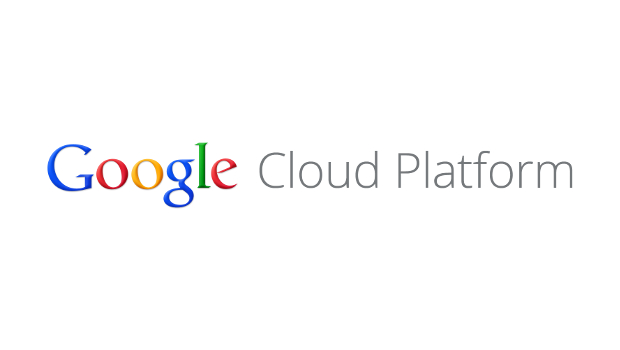Amazon’s AWS Lambda was a radical idea: use snippets of code in JavaScript, Python, or Java to build applications that run statelessly on a platform with no instances and no management overhead.
Not to be outdone, Google has launched with little fanfare a similar effort, Google Cloud Functions.
The premise of Cloud Functions is almost exactly the same as Lambda. Code written in JavaScript executes “in a managed Node.js environment on Google Cloud Platform,” according to the documentation. The code is triggered in response to HTTP requests, Google Cloud Pub/Sub messaging events, or upload events to Google Cloud Storage. All resource management for applications running on Cloud Functions is automatically handled by Google.
JavaScript, by way of Node.js, is the only language currently supported, making Cloud Functions less broad-reaching than AWS Lambda. But Cloud Functions apps can use the thousands of modules in the Npm library, and Cloud Functions automatically downloads any needed dependencies on demand.
The strength of the AWS Lambda’s approach is that it allows cloud apps to be developed without the overhead of managing a server instance — a development approach well-suited to API-driven, microservices-based design. Amazon bolstered this development model for Lambda by building strong connections between it and the rest of AWS, especially the Amazon API Gateway. Google Cloud Functions is likely to follow suit, both by adding support for more languages and by deepening the way apps on the service can interact with the rest of Google Cloud.
The third major cloud contender, Microsoft, has not created anything similar to AWS Lambda or Cloud Functions, although it seems inevitable given the way Azure aggressively matches functionality with the competition. Azure already has services that could be predecessors to such functionality — WebJobs, for instance, or the application management functionality in Azure Stack.
Google Cloud Functions currently is in alpha testing. Prospective users need to make a service request so that they can be whitelisted and allowed to use it.
IDG News Service






Subscribers 0
Fans 0
Followers 0
Followers